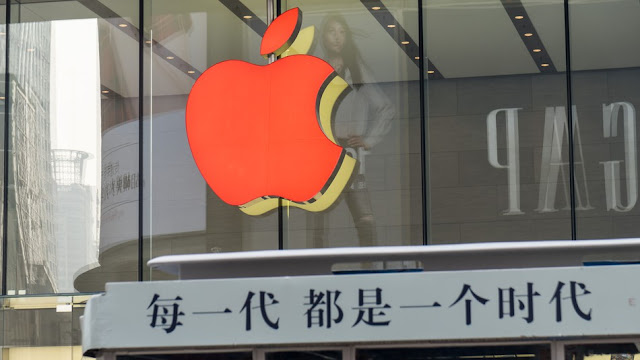Android is dominating app stores but Apple is still beating Google in one extremely important metric: revenue.
Cupertino made nearly twice as much money from its App Store in 2017 as Google did from Google Play, despite seeing only a fraction of the downloads, according to a new report out today from App Annie.
Just how big is the difference? Apple made $34 billion on 29 billion app downloads in 2016, according to the company's data. Google, by comparison, made $10 billion on 63 billion downloads in 2016.
Put another way, Apple made more than three times as much money as Google with less than half as many downloads.
While data has long shown that iOS users are more likely to pay for apps than their Android-using counterparts, there's a China-sized reason for the disparity. Because Google Play doesn't have a presence in China, third-party app stores — like those from Baidu and Xiaomi — dominate the market, even though Apple's China business is growing.
IMAGE: APP ANNIE
The result is that Google, whose users were already somewhat notorious for not spending money on apps, is losing out on huge amounts of revenue by not having its Play Store in China.


Comments
Post a Comment